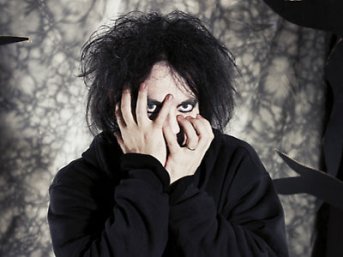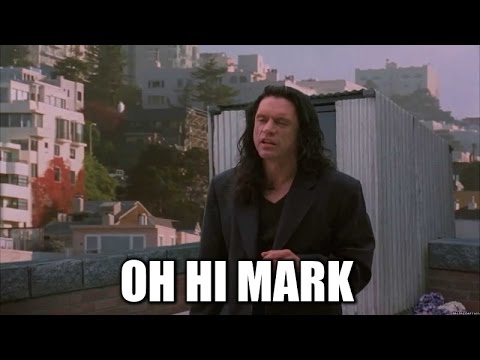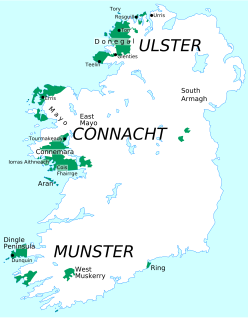Bergson famously pointed out that we’re almost totally incapable of speaking about time without the language of space. And in order to do so, Bergson found that he had to bracket time altogether, imagining a language of duration. What’s presupposed here is that thought without language is nearly impossible. In order to go further into the metaphysics of change and integrity, we have to go back through the linguistic maze by another entrance.
The other day, for the first time in ages, I put on contact lenses. What I saw in the mirror was the equivalent of looking underneath my skin. I saw what I had very quietly assumed but never needed to think about because I have either been too blind to see it in detail or else it was obscured by the frames of my glasses: there’s a topography to my eyes. Noticing a few scattered bits of gray on my temples or chin is nothing like the sudden appearance of crescent valleys, bulging peaks, and dried up river beds stretching over my very own ocular cavities. Ageing is no longer just something my peers have been up to.
I’m sure that’s why my dreams of late have been about present problems and problem figures invading the sanctuary of my youth. Worries and regrets invert the careful set design of my adolescent plays, and I can’t remember any of my blocking.
All of this–I think–is also tied into the realization that in a few short months it’ll have been a year living in another country. Perhaps that’s why I’ve been dwelling so much lately on Tommy Saxondale’s (Steve Coogan’s greatest creation) eloquent quotation of Hartley: The past is a foreign country: they do things differently there.

Bergson said that when time calls, it’s space that answers. But I think that’s only true when we’re trying to articulate the present as a device taking in the past and spitting out the future, like the endless strip of tape on a Turing machine. Or, more to the point, the Turing tape may be what time has to be in language. But whether you think of the ontology of time as Bergsonian duration or, as Heidegger would have it, the pulse of a present arrangement, I think that when it comes to time, there’s a third mediating term between language and reality. When when we look at time, it’s place that looks back. Yes, the past is a foreign country, a place distant from the place we presently stand. But as a place (actually, manifold places), the past is also relational distances, distances between those which inhabit that place. Which means that it cannot be condensed and replicated as a file in some world hard drive.
–To hastily conclude because I’ve run out of time and am unlikely to return to this post soon–
Presumably the same is true of the future. From this, we can take a couple things. First, the space-place contrast suggests that there is indeed non-representational, non-symbolic thought. Thought mediates itself. Second, aesthetics has to be at the root of anticipatory practices about the future. I’m currently thinking about the possible anticipatory practices of embodied machines, and that second point is going to be tricky. But we’ve got to start there. More ideas about that to come.








